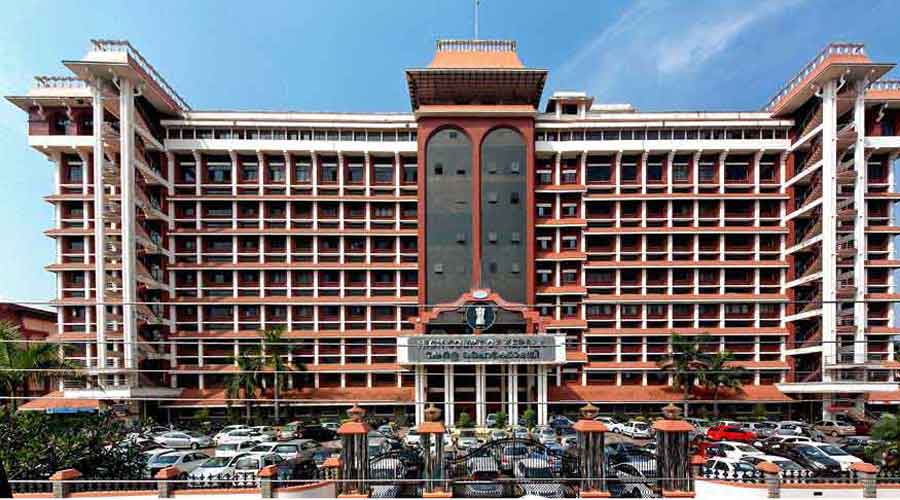Kerala High Court has come to the aid of Catholic members of the Knanaya community who risked expulsion from their Church if they married outside the community, ruling “social values and morals are not above constitutionally guaranteed freedom”.
“The said freedom is both a constitutional and a human right. Deprivation of that freedom which is ingrained in choice on the plea of faith is impermissible,” the single-judge bench of Justice V.G. Arun said on Wednesday.
It lifted an additional district court’s stay on a sub-court’s ruling in April against the age-old practice by the Kottayam Diocese.
The high court cited the landmark Hadiya case in which the Supreme Court had in 2018 affirmed the validity of Hadiya’s marriage with Shafin Jahan. Born Akhila Asokan, Hadiya’s conversion to Islam and marriage to Shafin had been challenged by her father.
The 2.5 lakh Knanayas, whose ancestors are said to have migrated from Syria in the fourth century AD, are concentrated in the south Kerala district of Kottayam and its neighbourhood and are mostly Catholic. The majority of them come under the Kottayam Diocese, which enforces endogamy on pain of expulsion.
A group of reformists led by the Knanaya Catholic Naveekarana Samithy had challenged the district court’s stay and contended the Kottayam Diocese had expelled many Knanayas even for marrying non-Knanaya Christians.
They said the ostracism was extended to children born of such marriages or of non-Knanaya surrogate mothers. This has forced many Knanayas to remain unmarried, they added.
The Kottayam Diocese and its archbishop argued that endogamy was a religious practice for the community and was therefore protected under Articles 26(b) and 29(1) of the Constitution.
But the high court ruled: “The social values and morals have their space but they are not above the constitutionally guaranteed freedom.”
It added: “The issue involved is regarding curtailment of the fundamental right of a citizen to marry a person of his/her choice, by insisting that the partner should also be a member of the Archeparchy of Kottayam.”
It further observed that the appellate court had lacked sufficient grounds to stay the sub-court order.
The petitioners, who were represented in court by Supreme Court lawyer Kaleeswaram Raj, had argued: “The rights and religious freedom under Article 25 cannot be used in a way to override the rights of others.
“Individual autonomy, while in conflict with supposed religious freedom, should override the latter. This is the spirit behind the prohibition of various practices like untouchability under Article 17 of the Constitution.”
The Samithy had in 2015 filed a civil suit before the Kottayam sub-court seeking relief from the practice of expulsions for breaking the endogamy rule.
On April 30 this year, the sub-court restrained the Kottayam Diocese from ordering such expulsions.
But the additional district court of Kottayam stayed the order on May 18 and, in July, extended the stay till the disposal of the case.










